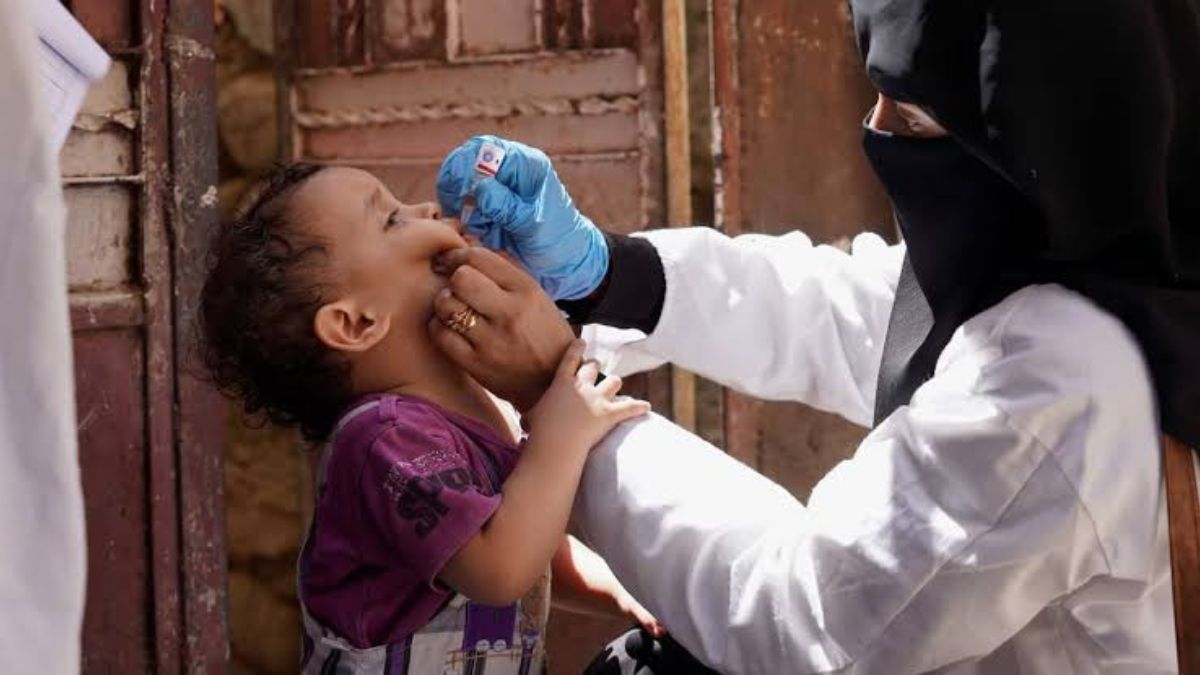UN Secretary-General António Guterres has announced that poliovirus has been detected in Gaza. This revelation marks a significant health alarm for the region, where the conflict and blockade have severely impacted healthcare infrastructure.
Guterres’s statement accentuates the gravity of the situation, noting that the virus has been identified in wastewater samples, suggesting that it has been circulating in the community. This underscores a potential outbreak risk that could severely impact the already vulnerable population in Gaza.
Poliomyelitis, commonly known as polio, is a highly infectious disease caused by the poliovirus, which primarily affects children under five and can lead to paralysis or even death. The detection of the virus in Gaza is particularly alarming given the area’s limited access to vaccination and healthcare services due to ongoing conflict and economic hardships.
The World Health Organization (WHO) has expressed deep concern, urging immediate action to prevent a potential outbreak. The WHO stresses the need for rapid vaccination campaigns and heightened surveillance to control the spread. The situation is compounded by Gaza’s strained healthcare system, which has struggled to address various health crises amid persistent blockades and conflict.
Guterres’s warning serves as a call to the international community to provide urgent support to Gaza. He urges increased resources and humanitarian aid to address the immediate health threat and to bolster long-term vaccination and healthcare efforts in the region.
The detection of poliovirus in Gaza reflects broader global challenges in eradicating the disease and underscores the critical need for robust health interventions and international cooperation to protect vulnerable populations from preventable diseases.

